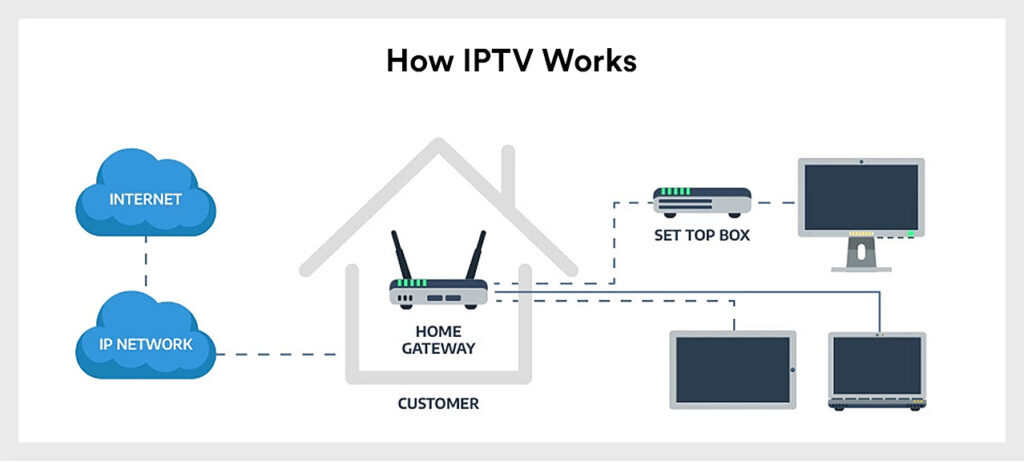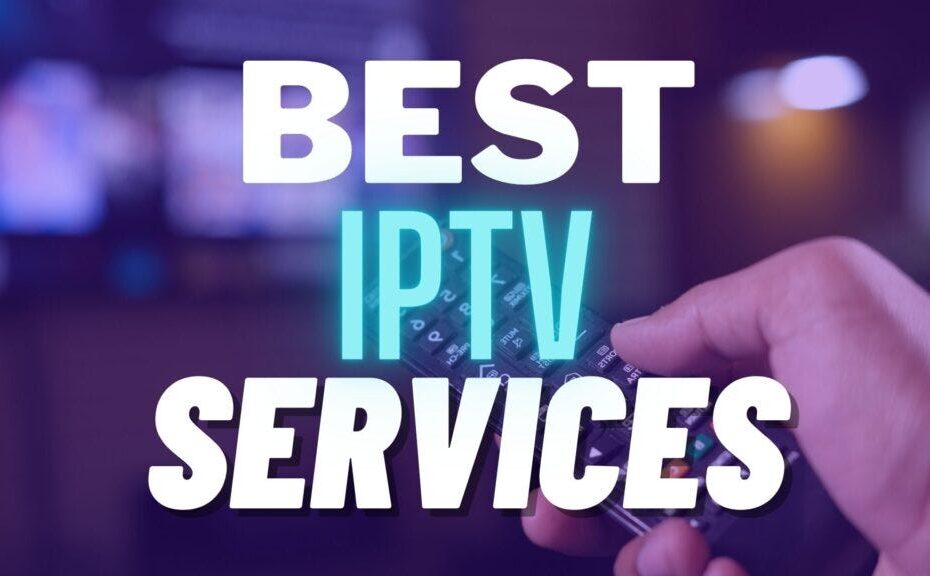In recent years, the way we consume television has undergone a significant transformation, thanks to Internet Protocol Television (IPTV Services). This revolutionary technology has paved the way for a more personalized and interactive TV viewing experience. In this article, we will delve into the world of IPTV services, exploring what they are, how they work, and the benefits they offer. Peoplestv offers the best IPTV box and streaming services for the market.
Since Peoples TV is easy to use directly from your box, you choose to buy with an IPTV STB. No matter whether you buy boxes or only tyjsen kommer den med automatica subtitler. IPTV-boxes have WI-FI but also LAN-connection since they are very stable tv-tittande än på telefoner och surfplattor.
This is due to the fact that Wi-Fi bandwidth can be affected by both your own and other nearby Wi-Fi networks, causing slower performance. Since People’s TV-box is pre-installed and therefore avoids complicated installation. For brief information about this kindly visit on peoplestv.nu.
Understanding IPTV Services
Internet Protocol Television, or IPTV, is a method of delivering television content over the internet rather than through traditional cable or satellite systems. It leverages internet protocols to transmit video content, enabling users to stream their favorite shows, movies, and live TV channels directly to their devices.
How IPTV Works
IPTV operates by delivering media content, such as TV channels and on-demand videos, through internet protocols. Users can access this content using a set-top box, a smart TV, or even a smartphone with a dedicated IPTV app. The content is transmitted in real-time or stored on servers, allowing users to watch it at their convenience.

Types of IPTV Services:
- Live IPTV: This category includes streaming live television channels in real-time. Users can watch their favorite news, sports, or entertainment channels as they are broadcasted.
- Video on Demand (VOD): IPTV se
- rvices offer a vast library of on-demand content, allowing users to choose and watch movies, TV series, and other videos whenever they want.
- Time-Shifted IPTV: Users can pause, rewind, or fast forward live broadcasts, providing them with greater control over their viewing experience.
Advantages of IPTV:
- Extensive Content Options: IPTV provides a diverse range of channels and on-demand content, giving users more choices than traditional TV services.
- Interactivity: Users can interact with content, such as participating in polls, quizzes, and accessing additional information related to the programs.
- Cross-Device Compatibility: IPTV can be accessed on various devices, including smart TVs, computers, tablets, and smartphones, offering flexibility in viewing.
Challenges and Considerations:
- Internet Dependency: IPTV relies heavily on a stable internet connection. Users with slower or unreliable internet may experience buffering or disruptions in service.
- Content Licensing: Some IPTV services may face challenges related to content licensing agreements, leading to restrictions on certain channels or regions.
- Subscription Costs: While many IPTV services offer cost-effective alternatives, premium content and features may come with additional subscription fees.
Popular IPTV Service Providers:
- Netflix: Known for its vast library of on-demand content, Netflix has become a household name in the world of IPTV.
- Hulu: Offering a combination of live TV and on-demand content, Hulu caters to a wide range of preferences.
- Amazon Prime Video: With a growing collection of original content and diverse programming, Amazon Prime Video is a major player in the IPTV market.
Future Trends in IPTV:
- Integration with 5G: As 5G technology becomes more widespread, IPTV services are expected to benefit from increased speed and bandwidth, providing users with seamless and high-quality streaming experiences.
- Enhanced Personalization: IPTV services are likely to incorporate more sophisticated algorithms and artificial intelligence to offer personalized content recommendations based on user preferences.
- Augmented Reality (AR) and Virtual Reality (VR): The integration of AR and VR technologies may revolutionize the IPTV experience, creating immersive and interactive viewing environments.
Conclusion:
In conclusion, IPTV services have revolutionized the way we consume television, offering a diverse range of content with greater flexibility and interactivity. While facing some challenges, the industry continues to evolve, with promising trends that suggest a more immersive and personalized future for TV enthusiasts worldwide. As the technology advances, IPTV is expected to play a significant role in shaping the future of home entertainment.
